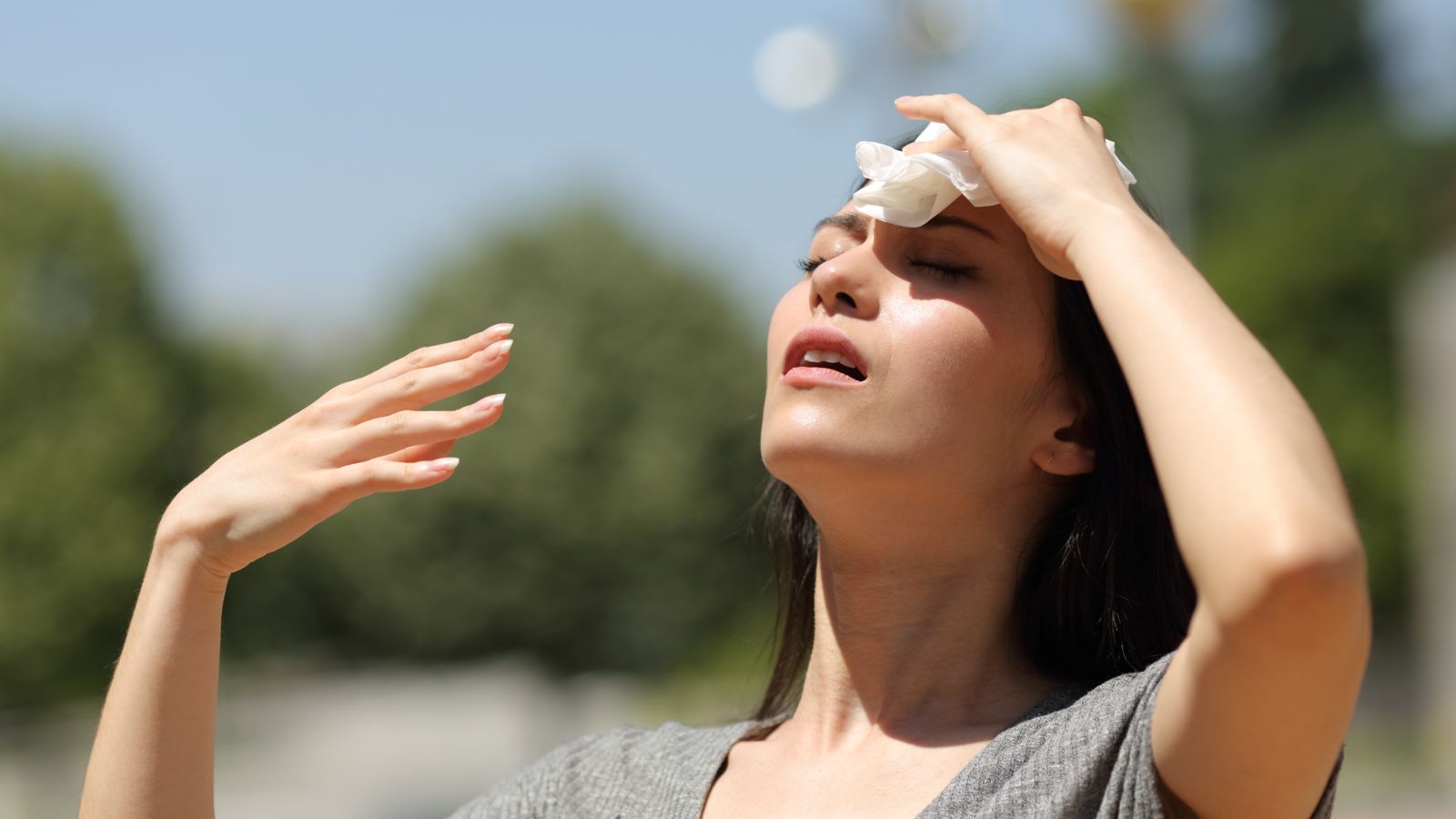Heatwaves, when not managed properly, can result in heat cramps, heat exhaustion, heatstroke, and hyperthermia. So that you don’t suffer any of these and remain comfortable, here are 18 things you shouldn’t do in one of these events.
Strenuous Outdoor Activities
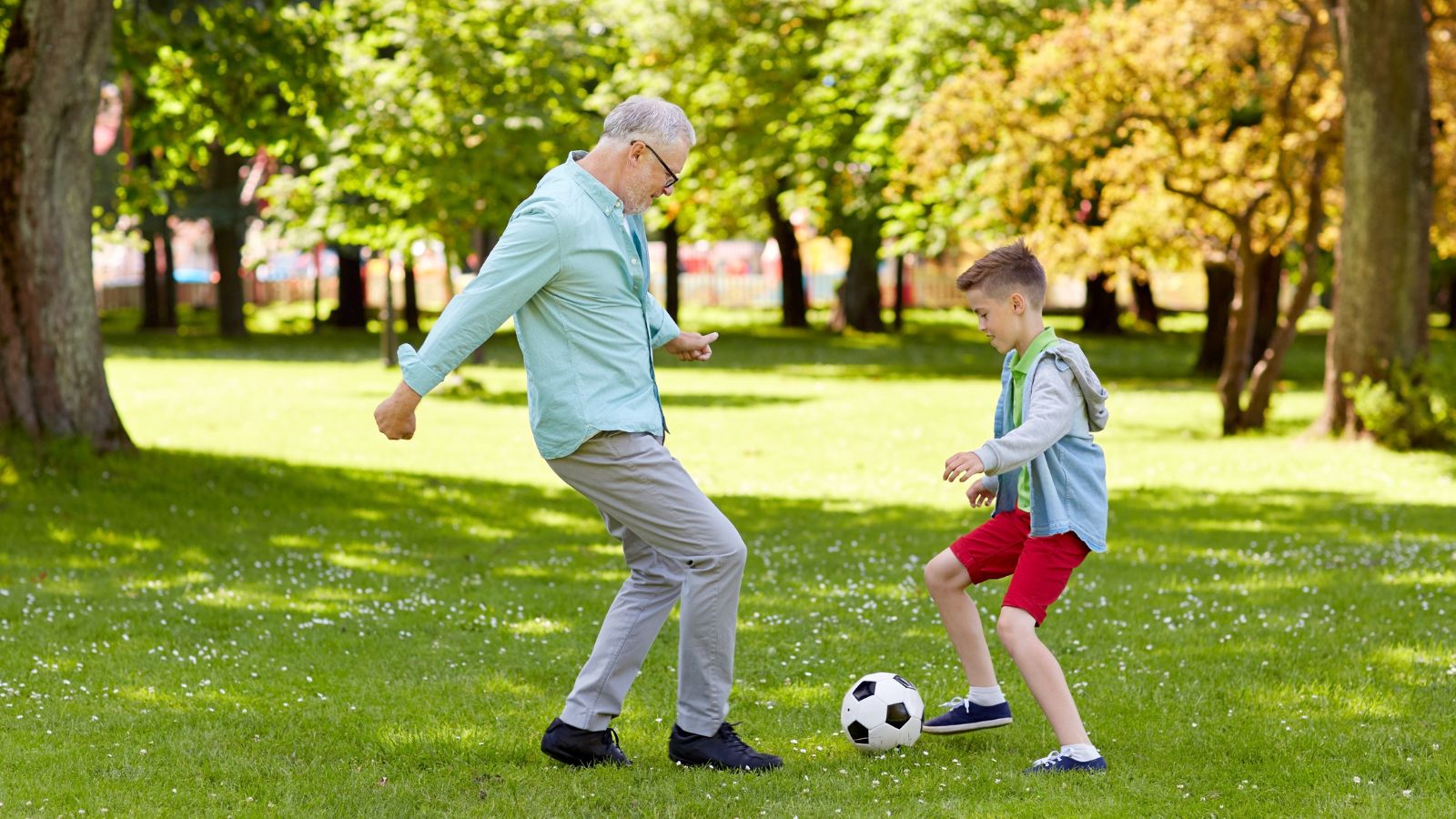
Excessively playing or exercising outdoors can leave you with heat exhaustion and even a heatstroke. The National Weather Service states that you should stop all activities outside if you notice your heart pounding or have difficulty breathing. It’s always best to postpone any activities for the cooler parts of the day.
Ignoring Hydration
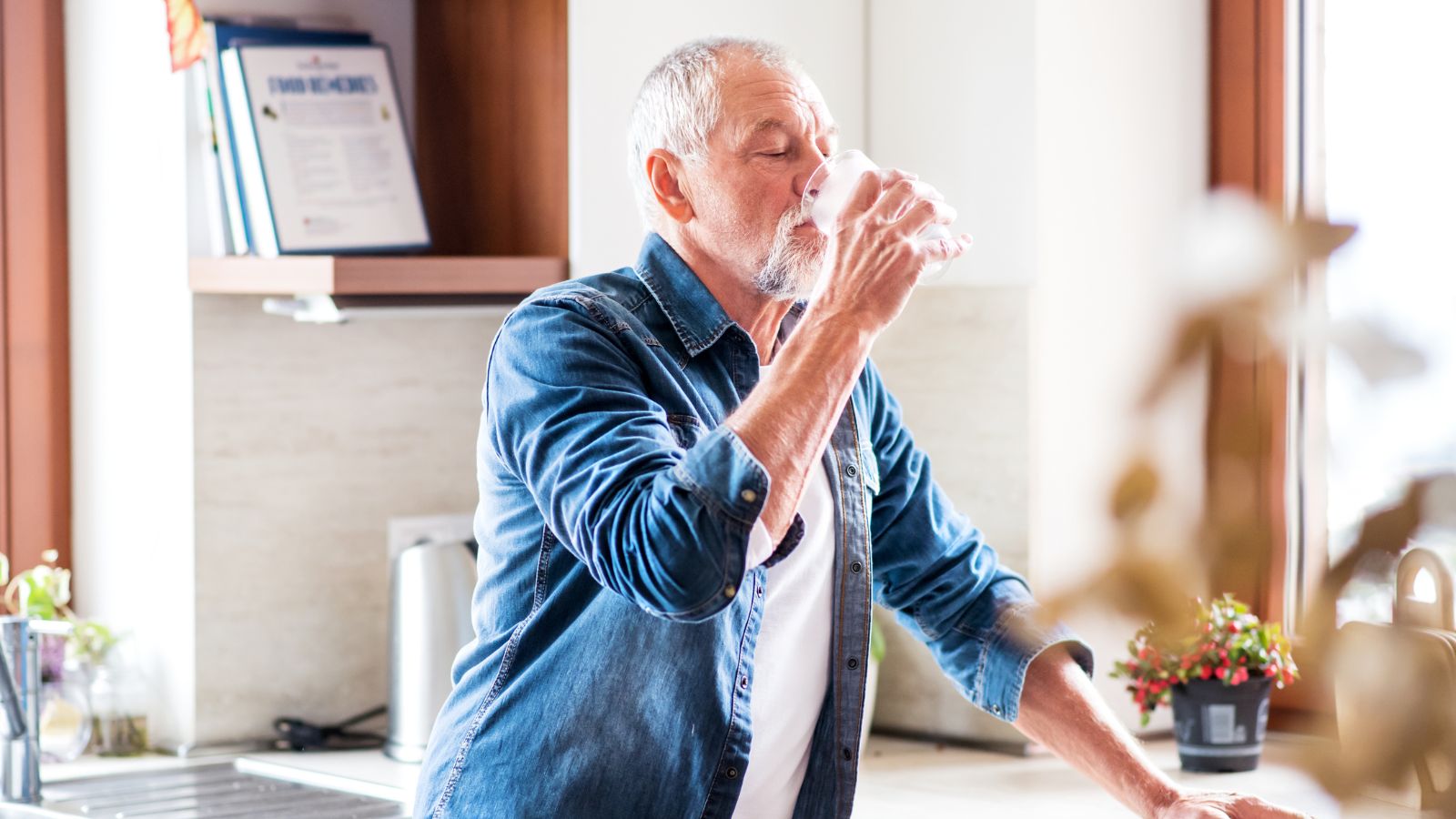
One of the worst things you could do is skip out on drinking water, and this is because your body loses fluid faster during events like this. Apart from extreme thirst, the Sun explains that some of the signs that you need to get hydrated include headaches, tiredness, dark yellow urine, dizziness, and a dry mouth or eyes.
Wearing Heavy Clothing

Heavy fabric that traps moisture in your skin and prevents it from breathing will make the heatwave feel even more unbearable for you. What you want to do instead is wear loose-fitting attire that allows for air circulation. This prevents you from sweating, allowing you to preserve body moisture during a heatwave.
Leaving Pets Outside
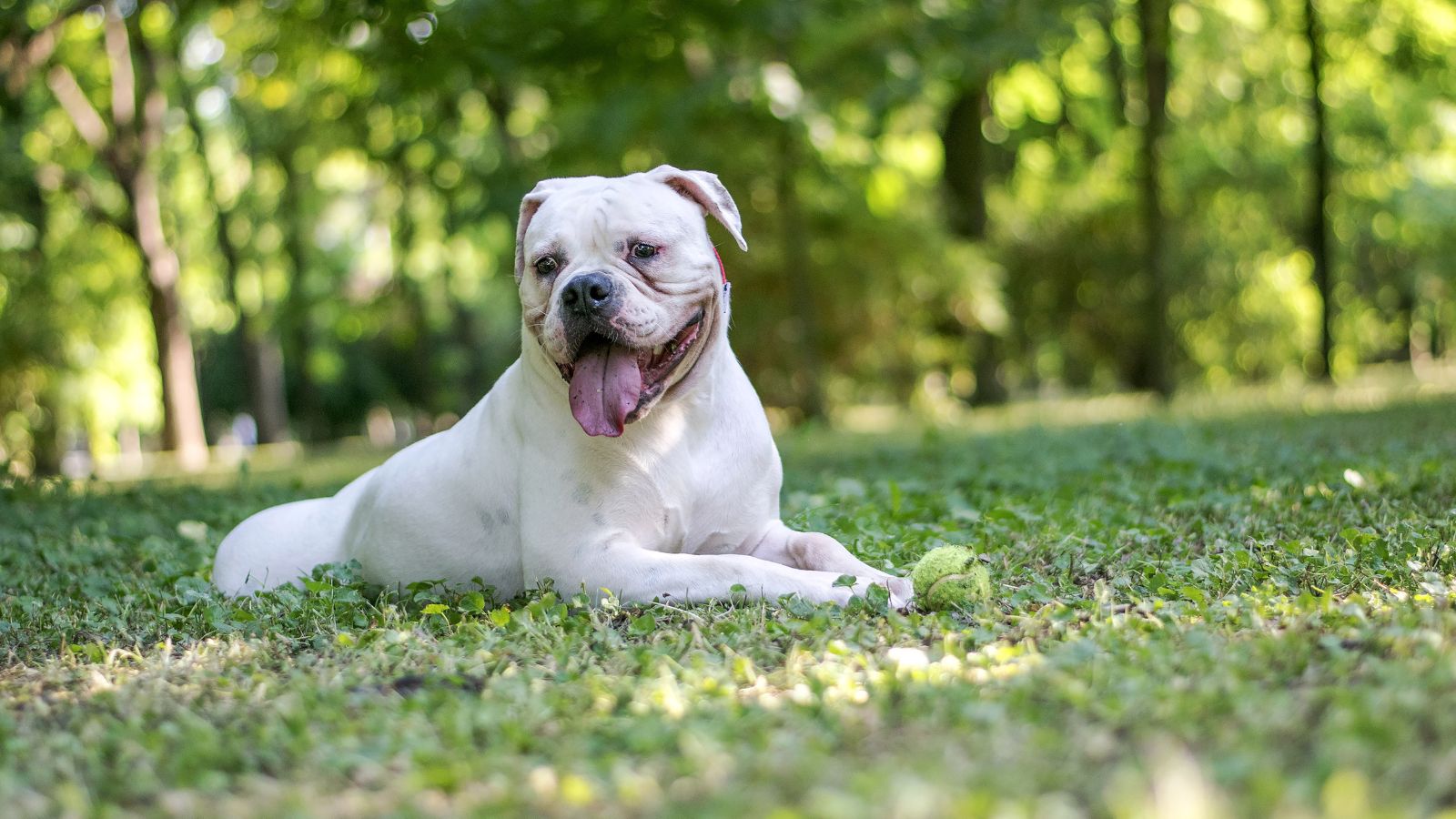
Pets left outside in extreme heat can suffer from heatstroke or dehydration, which can be life-threatening. Ensure your pets have access to shade and plenty of water. It’s best to bring them indoors during the hottest parts of the day to keep them safe and comfortable.
Using the Oven
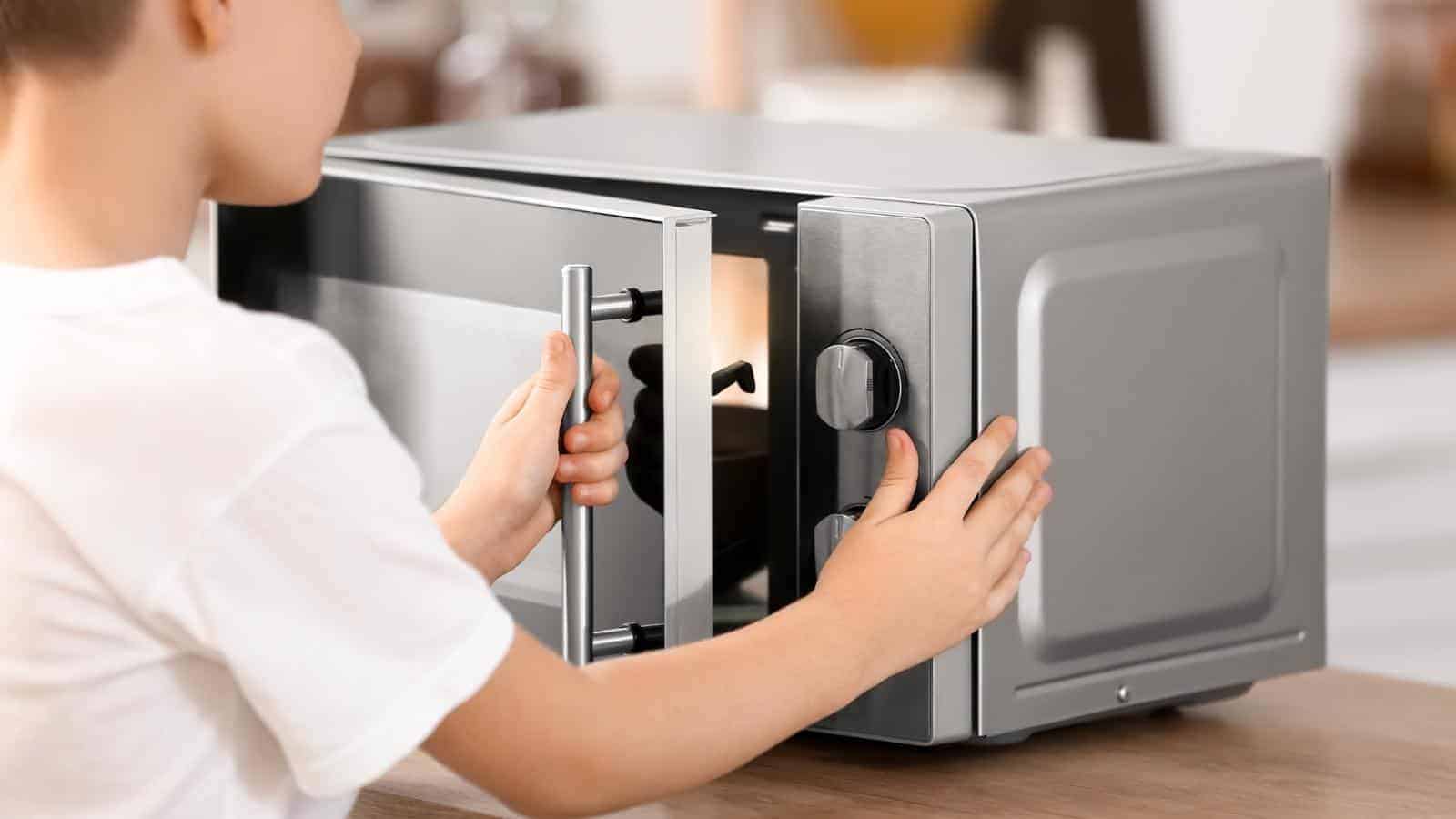
Using the oven can raise the temperature inside your home, making it even hotter. To keep your home cooler and more comfortable during hot days, you should prepare meals like salads, wraps, or sandwiches that don’t require cooking or use appliances like microwaves, slow cookers, or air fryers.
Ignoring Weather Updates
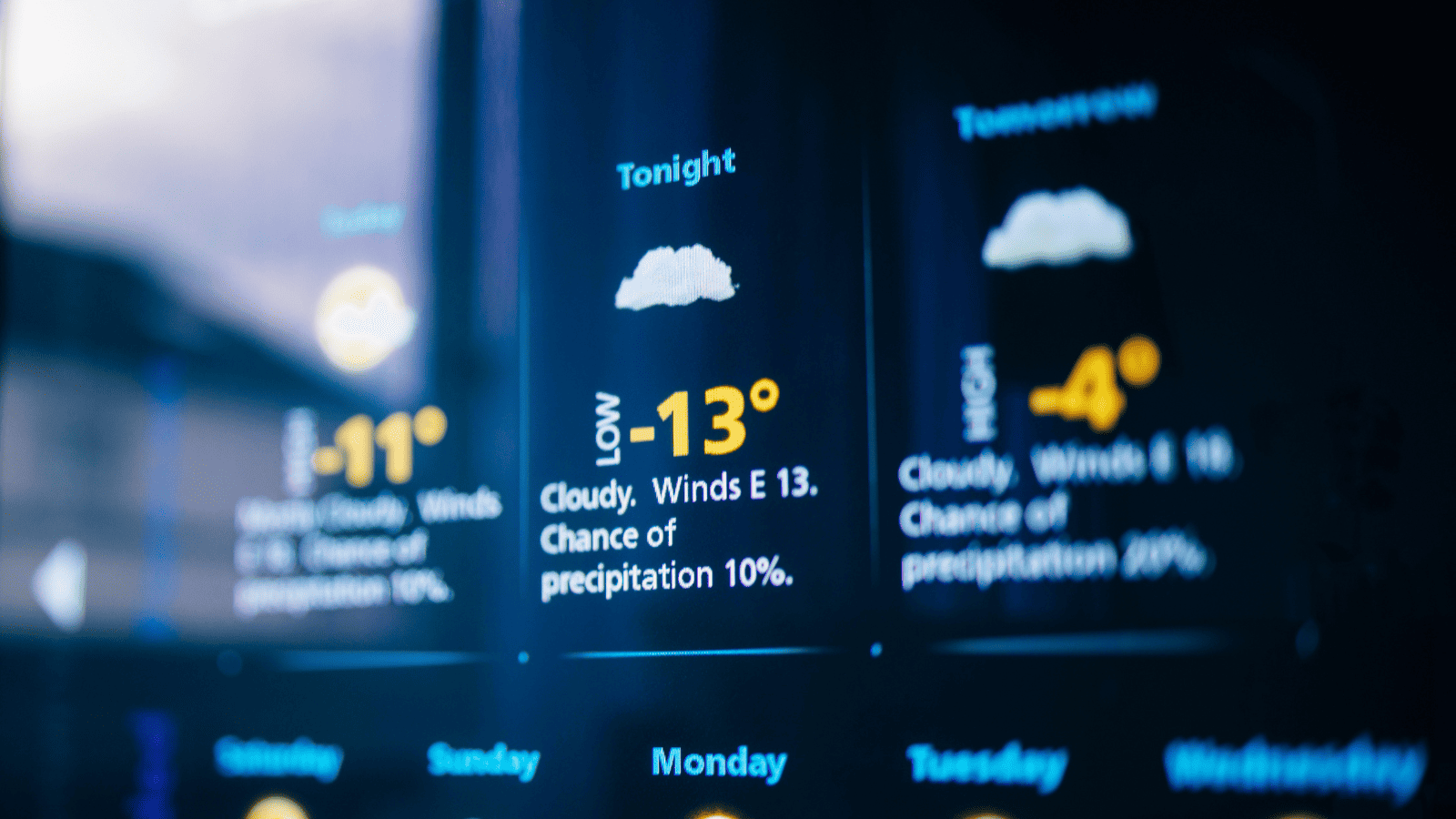
Neglecting weather updates can leave you unprepared for extreme heat, and because of this, you should monitor local forecasts and heat advisories regularly. Being informed enables you to take necessary precautions and avoid outdoor activities during peak heat periods, ensuring your safety and comfort.
Consuming Caffeine

Caffeinated beverages can contribute to dehydration, as coffee, tea, and energy drinks have diuretic effects and increase fluid loss (due to increased urine production, heart rate, and blood pressure). Caffeine also makes you feel less thirsty than you are. Opt for water, herbal teas, or electrolyte drinks to stay hydrated.
Exercising at Peak Heat
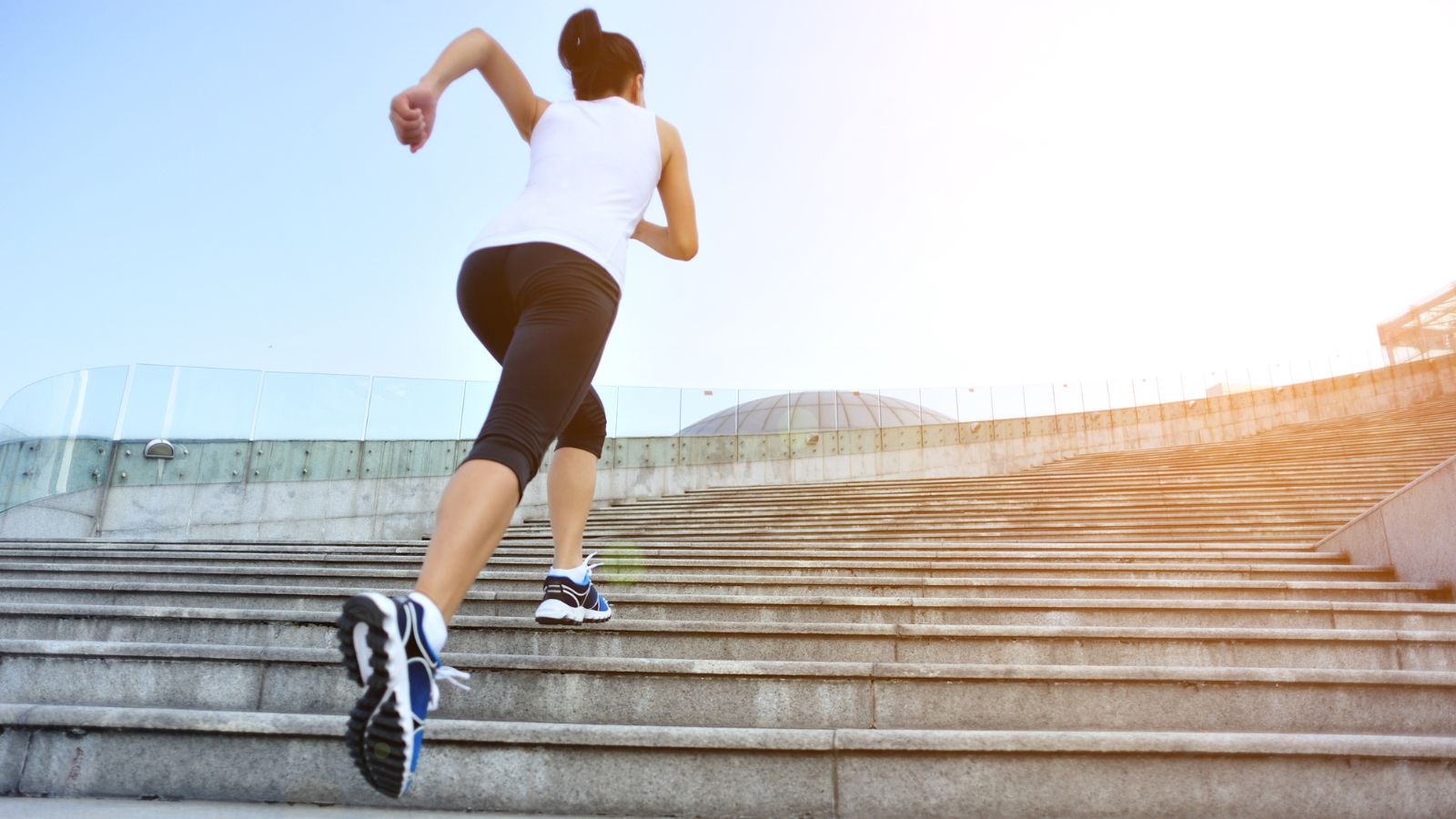
Exercising during the hottest part of the day increases the risk of heat-related illnesses significantly. Early morning or late evening workouts are much safer options because the cooler temperatures at these times reduce the strain on your body and make your exercise routine more effective and enjoyable.
Drinking Alcohol

Consuming alcohol can lead to dehydration, as alcohol impairs your body’s ability to regulate temperature effectively. Instead, choose hydrating beverages like water or electrolyte drinks to stay safe and properly hydrated. Forbes shares that, alongside alcoholic and caffeinated drinks, sugary drinks are also bad for your health.
Neglecting Sunscreen
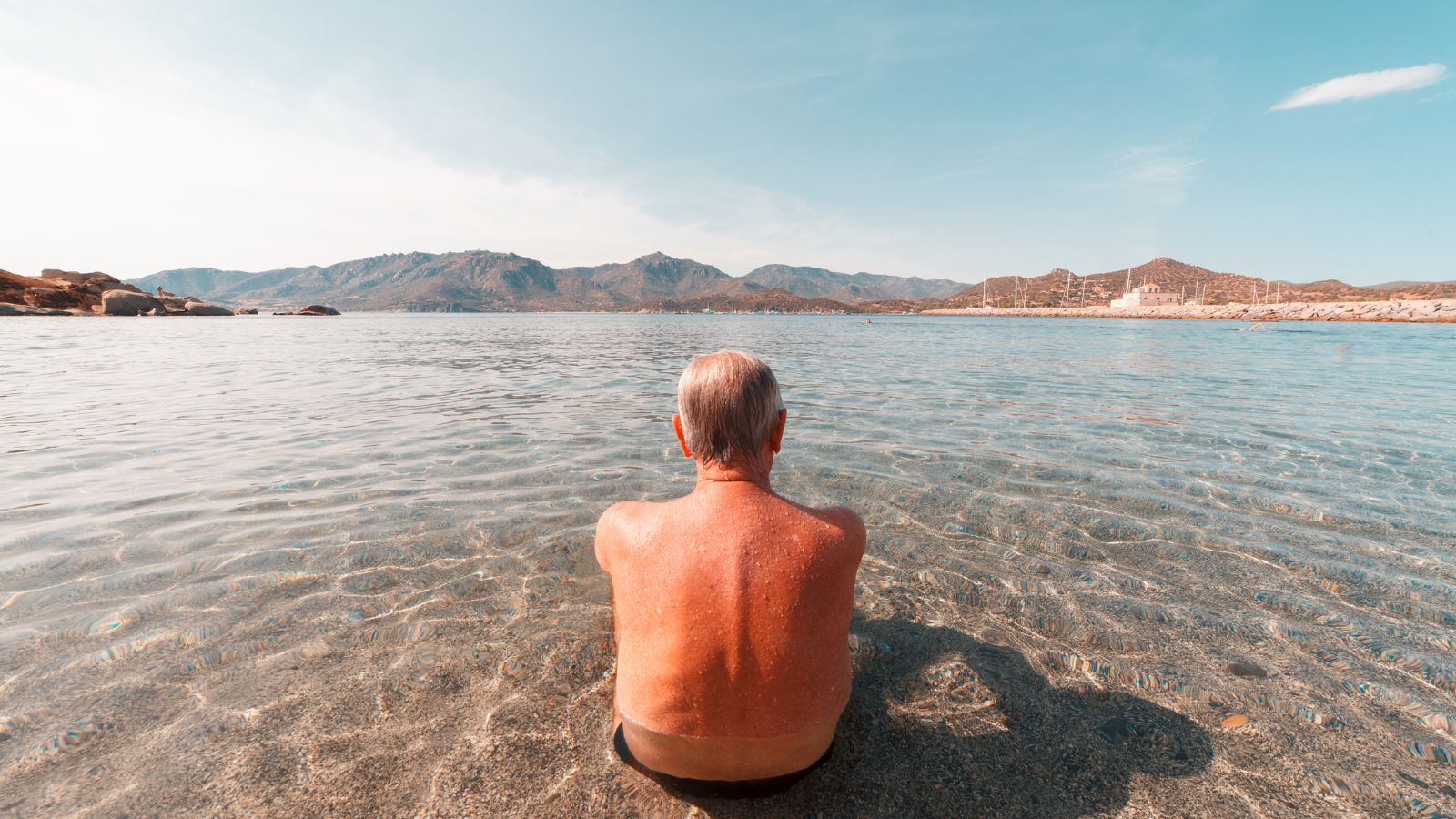
Failing to apply sunscreen can lead to severe sunburn, which decreases your body’s ability to cool itself, resulting in even more discomfort. Always use a broad-spectrum sunscreen with a high SPF, and make sure to reapply it regularly, especially if you’re sweating, swimming, or spending extended periods outdoors.
Staying in Direct Sunlight

Prolonged exposure to direct sunlight can also cause heat exhaustion or heatstroke. Always seek shade whenever possible or stay indoors during peak heat hours. And wear a hat, use an umbrella, and apply sunscreen to reduce sun exposure when outside. Remember to also stay hydrated when in direct sunlight to prevent heat-related illnesses.
Skipping Air Conditioning
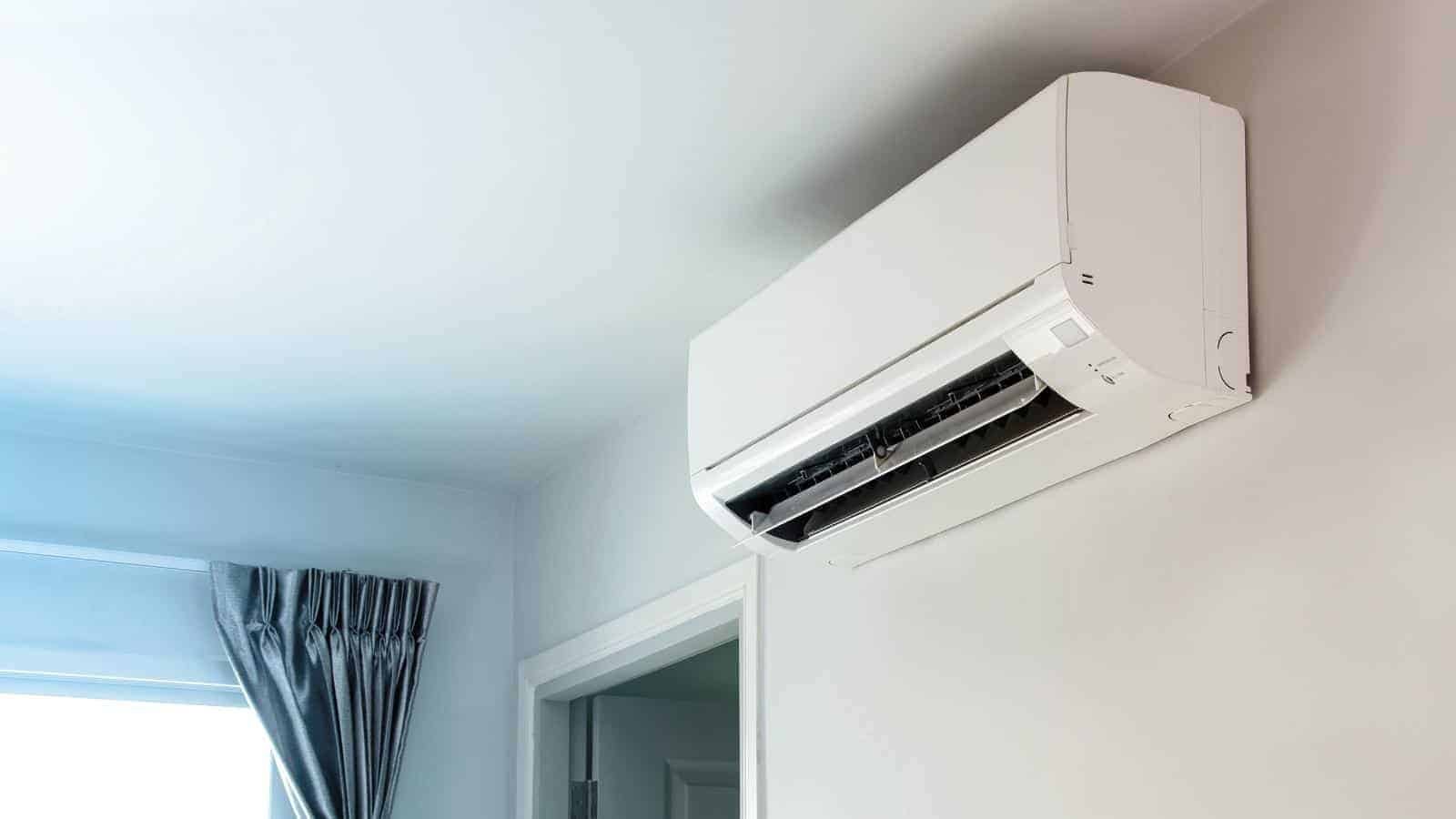
Air conditioning helps regulate indoor temperatures and provides much-needed relief from the heat. So, refusing to use air conditioning can make it difficult to stay cool indoors, especially during scorching summer days. If you don’t have air conditioning at home, consider visiting public places like malls, libraries, or community centers to cool off and stay comfortable.
Heavy Meals
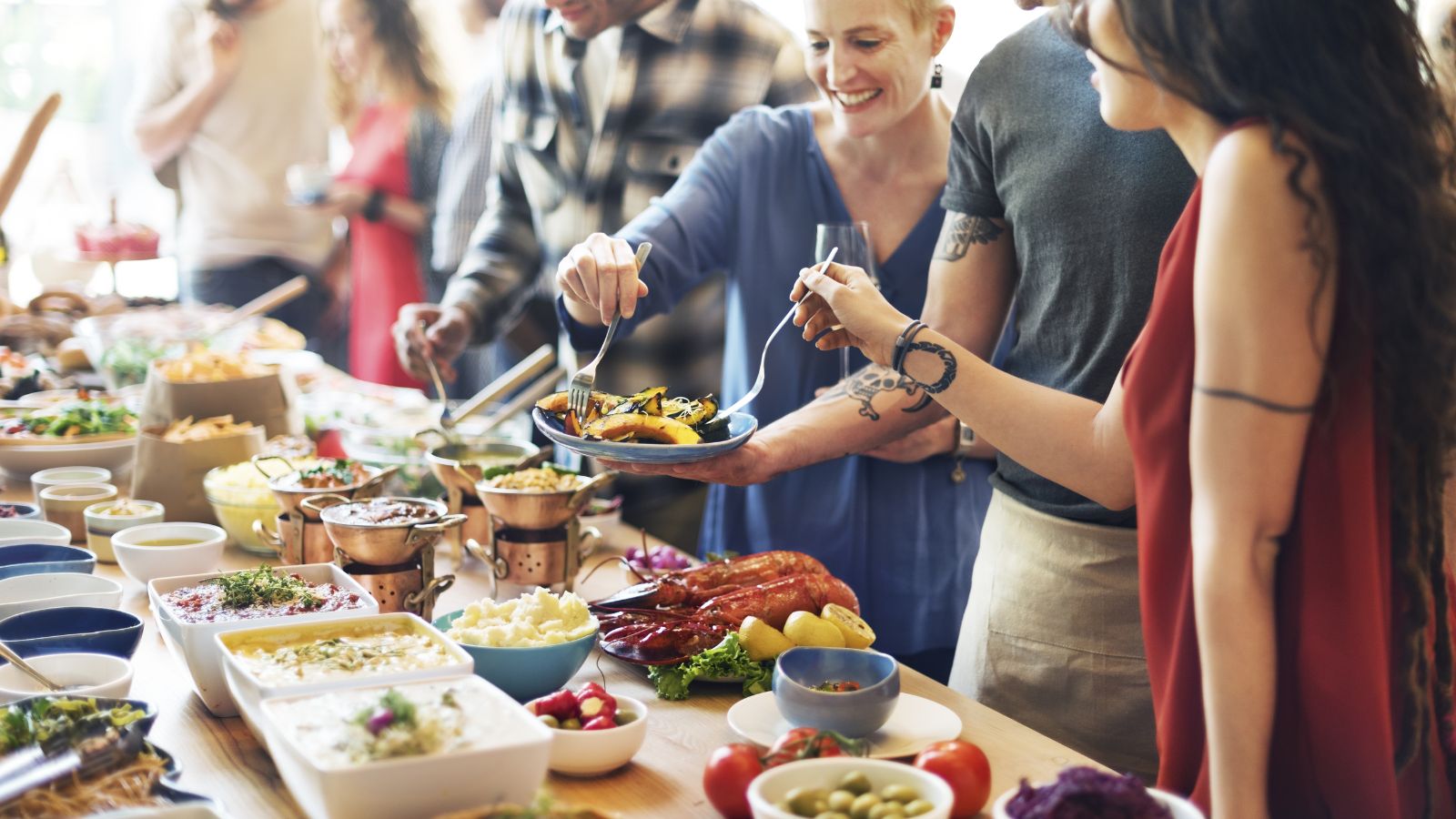
Consuming large, heavy meals can raise your temperature significantly, as digesting substantial amounts of food produces additional heat in your body. To maintain a lower body temperature and stay comfortable during a heatwave, choose smaller, lighter (preferably cold) meals and drink a lot of water to fill yourself up.
Using Dehydrating Medications
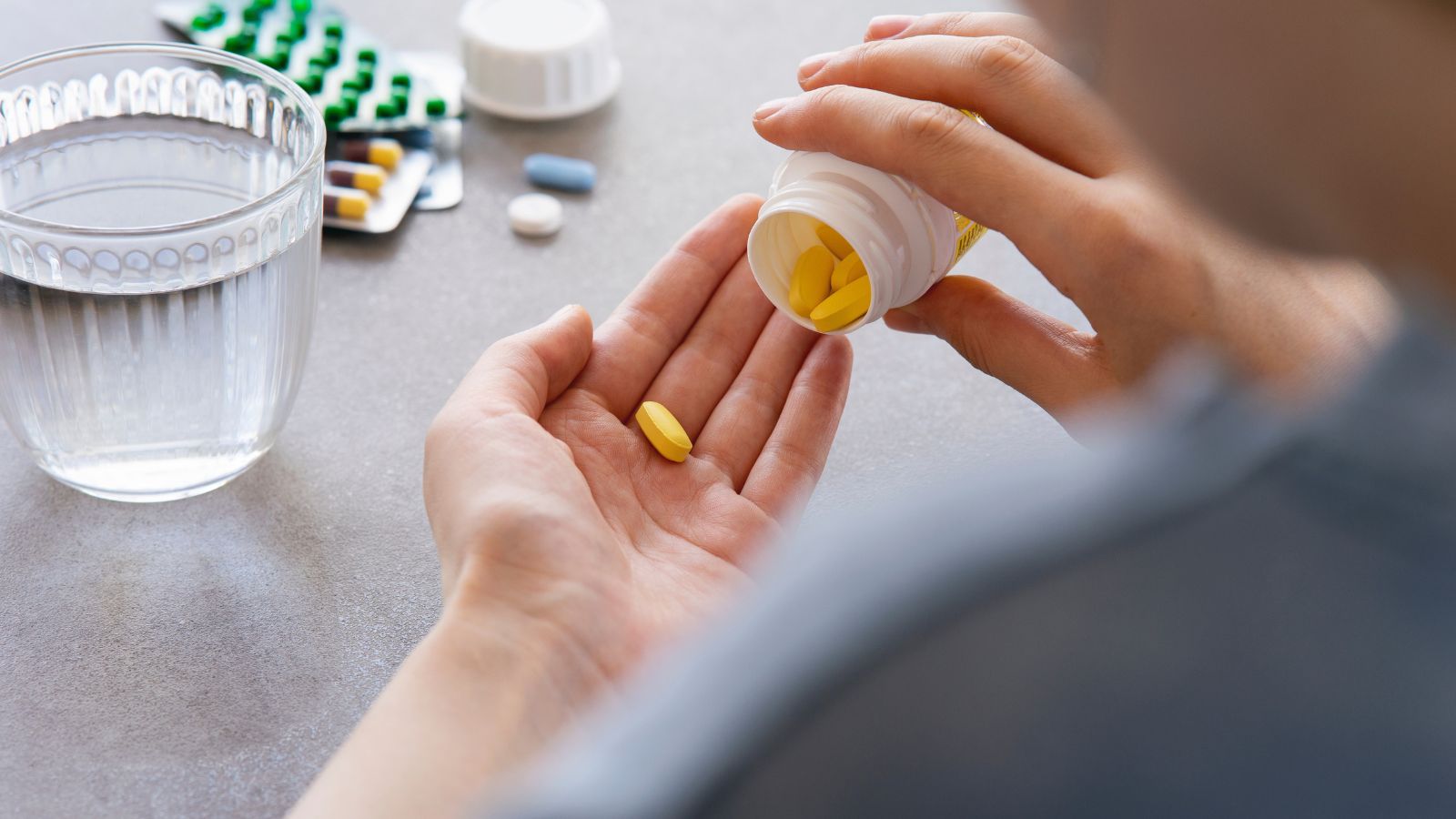
Some medications, like diuretics, affect your body’s ability to retain fluids effectively, and this increases your risk of dehydration during a heatwave. Consult your doctor about your medications and, any time you’re on them, take extra precautions to stay properly hydrated, especially if you’re outdoors.
Forgetting Electrolytes
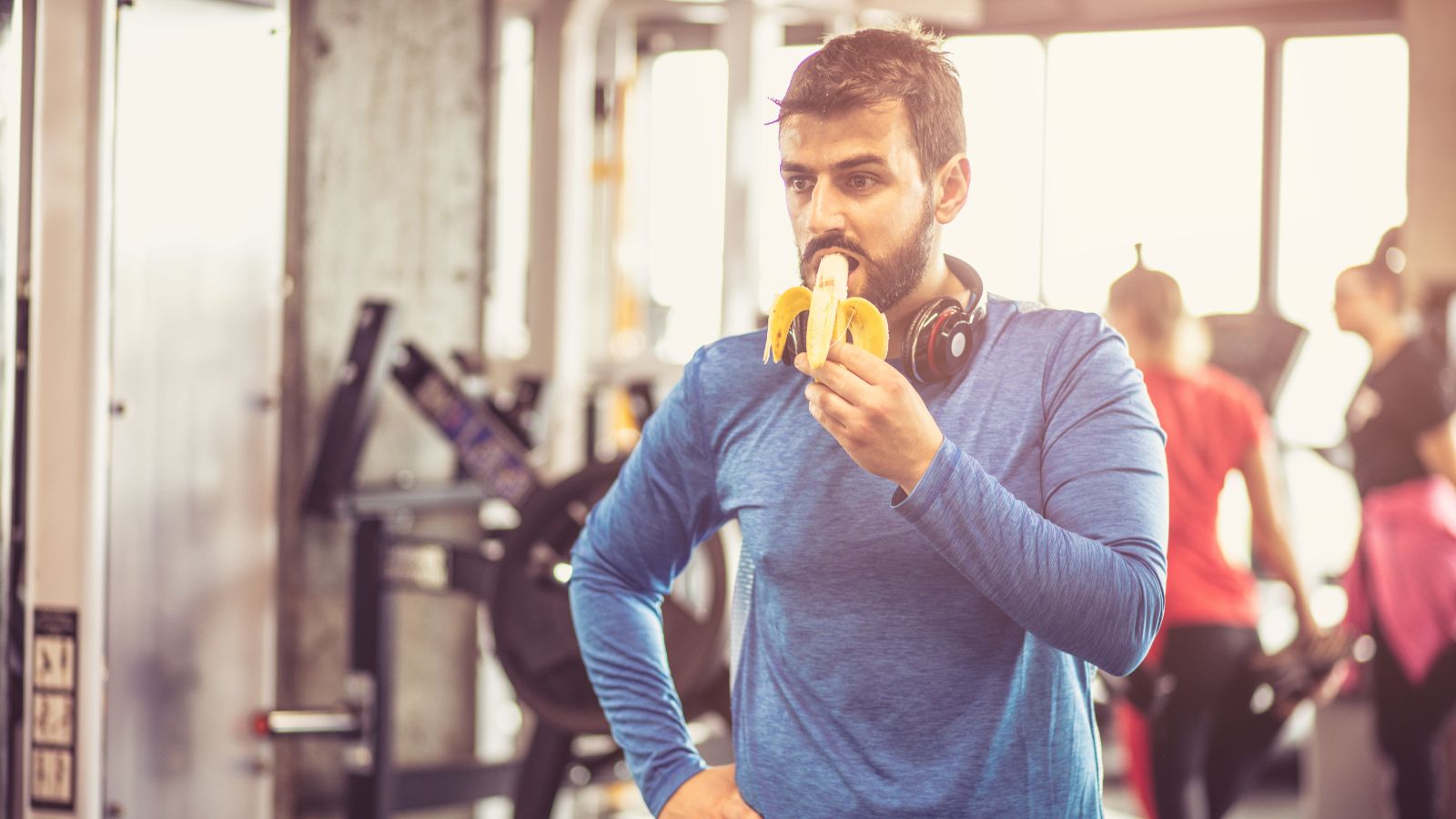
Only drinking water without replenishing electrolytes can cause an imbalance in your body. Electrolytes are essential for proper hydration and maintaining bodily functions. Hence, to ensure that you’re entirely safe while doing physical activities, include electrolyte-rich beverages or foods like bananas and coconut water in your diet.
Ignoring Signs of Heat Illness
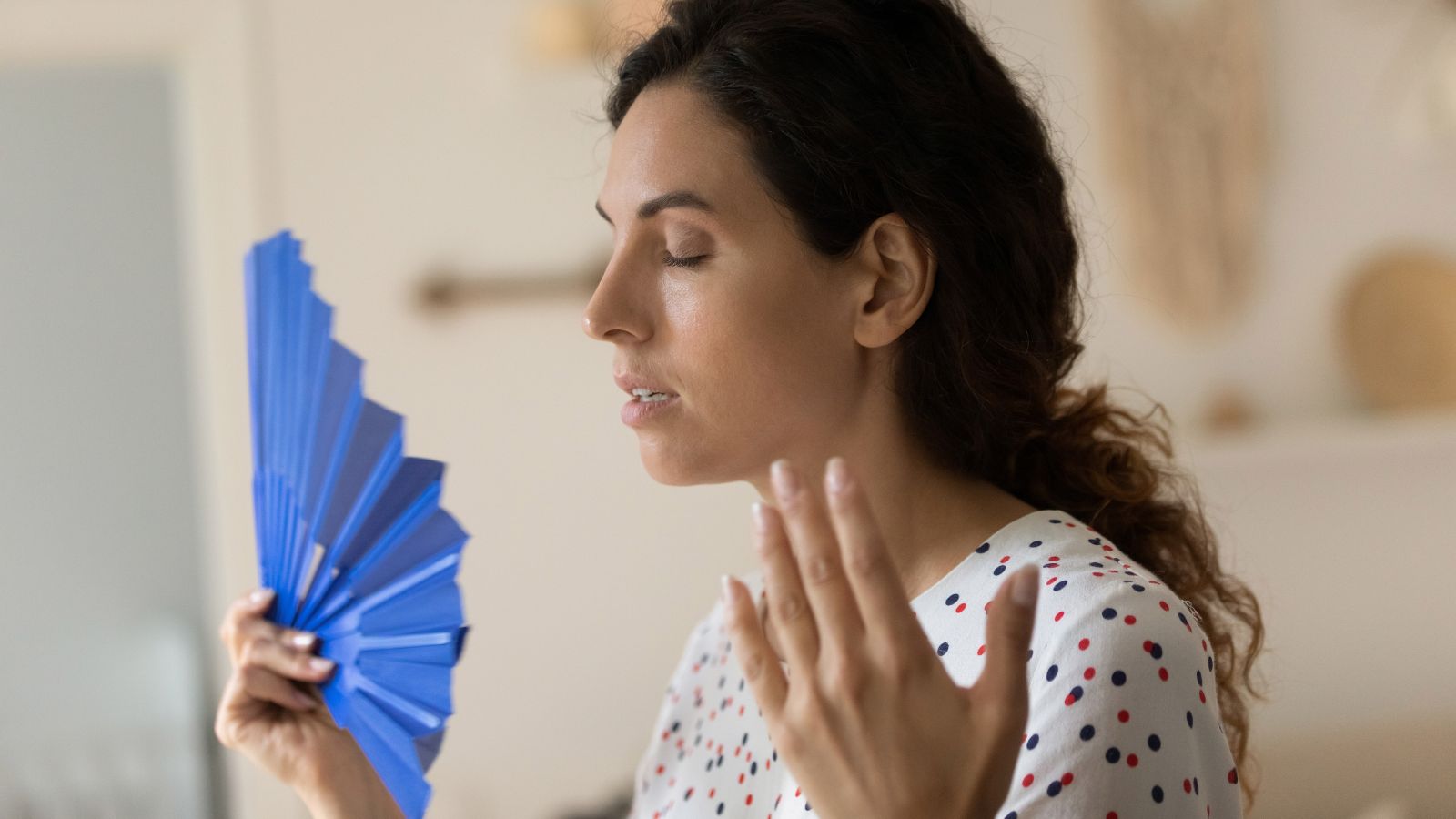
Ignoring symptoms of heat illness can lead to severe health complications, and dizziness, nausea, and excessive sweating are a few critical warning signs. If you experience these symptoms, immediately move to a cooler place, hydrate, and seek medical attention if necessary so that you don’t have more pressing issues to deal with.
Overcrowded Places
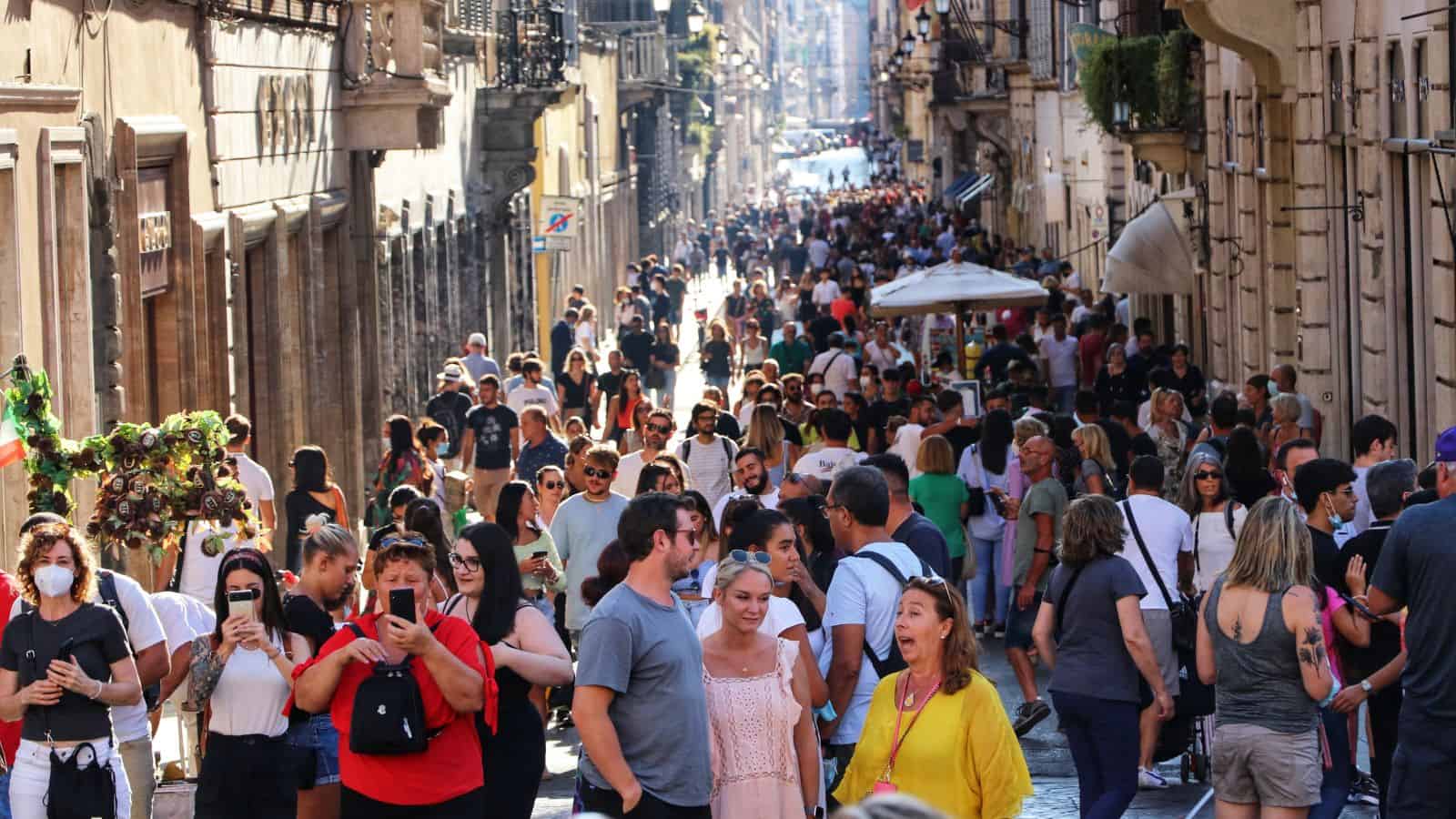
Overcrowded places can significantly increase the risk of heat exhaustion. For instance, the Washington Post reports on how overcrowded prisons in the Philippines suffered the most in its historic heatwave. Poor ventilation, which increases temperatures, makes it even more dangerous for everyone around.
Leaving Children and Pets in Cars
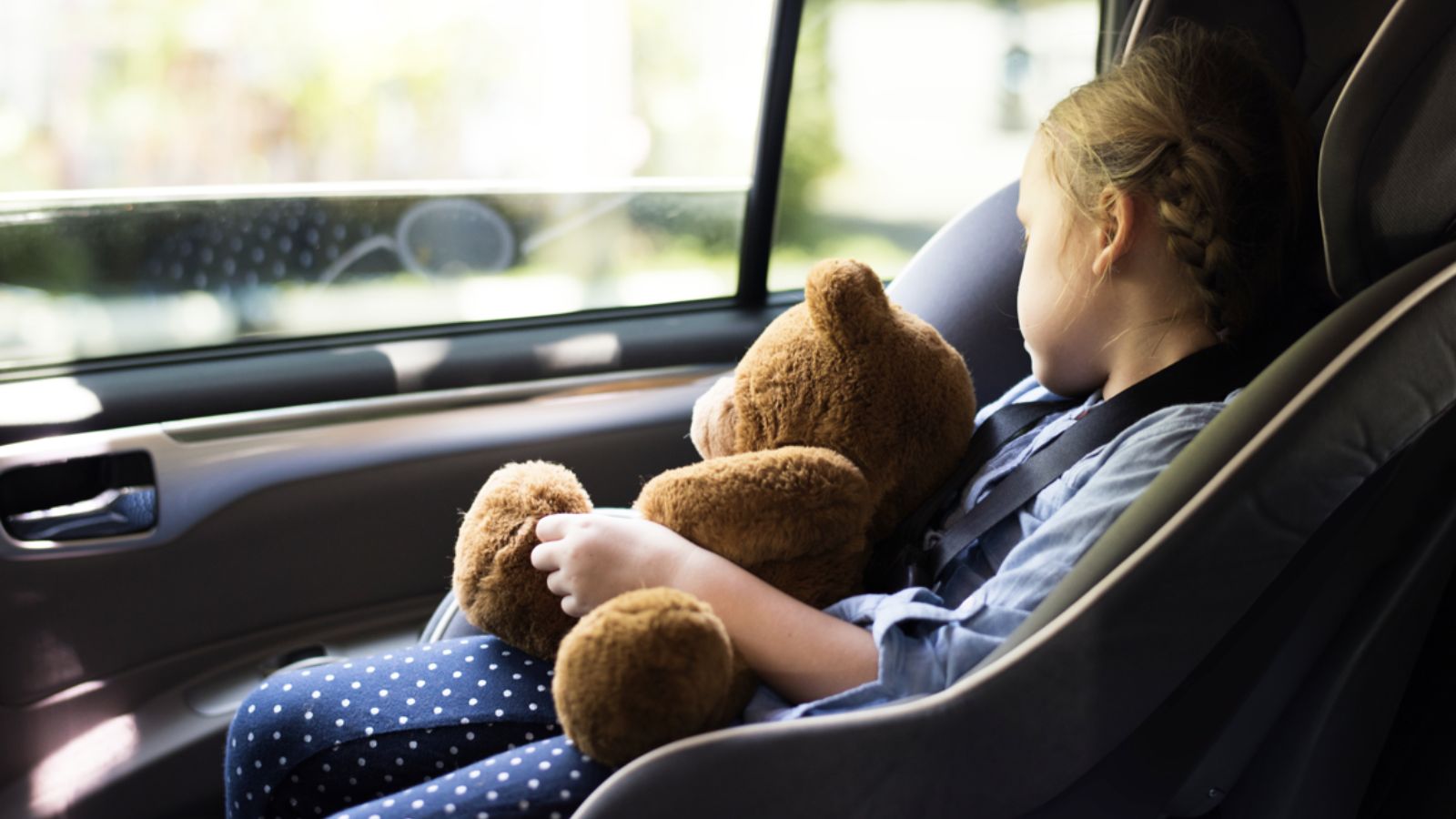
Temperatures inside a car can rise rapidly, leading to heatstroke and potentially deadly situations. This is why you should always take children and pets with you when leaving the car, regardless of how quick the errand may seem. Their safety should come first.
Up Next: 18 Worrying Facts About Life in Medieval Times
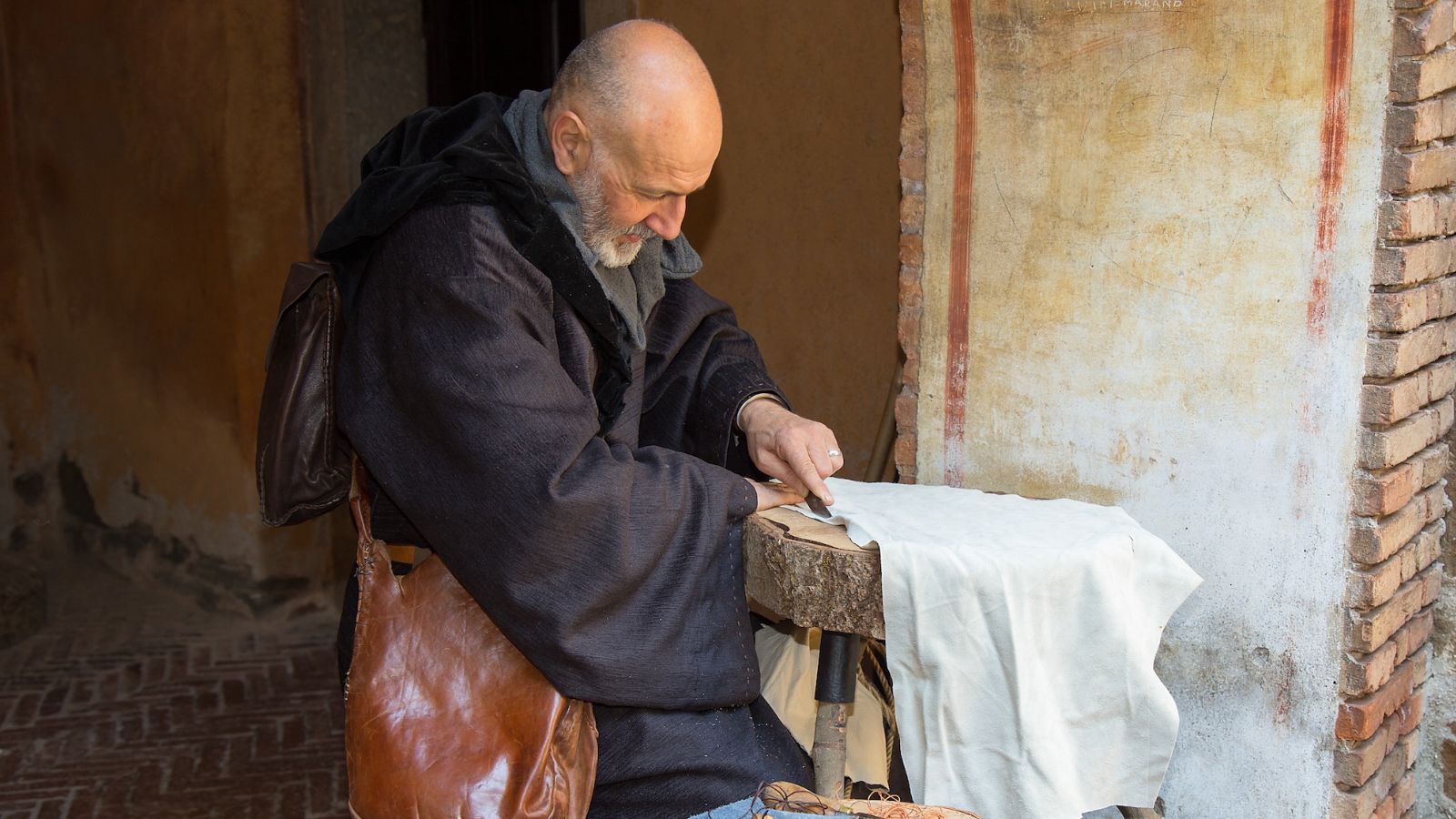
The Middle Ages, also known as the medieval period, lasted from 500 AD to 1500 AD and is usually subdivided into the Early, High, and Late Middle Ages. Life in the medieval period was often brutal, with gruesome punishments, wars, and plagues. Here are 18 terrifying facts about life in the medieval period.
18 Worrying Facts About Life in Medieval Times
19 Easy Ways to Fall Back Asleep After Waking Up in the Middle of the Night
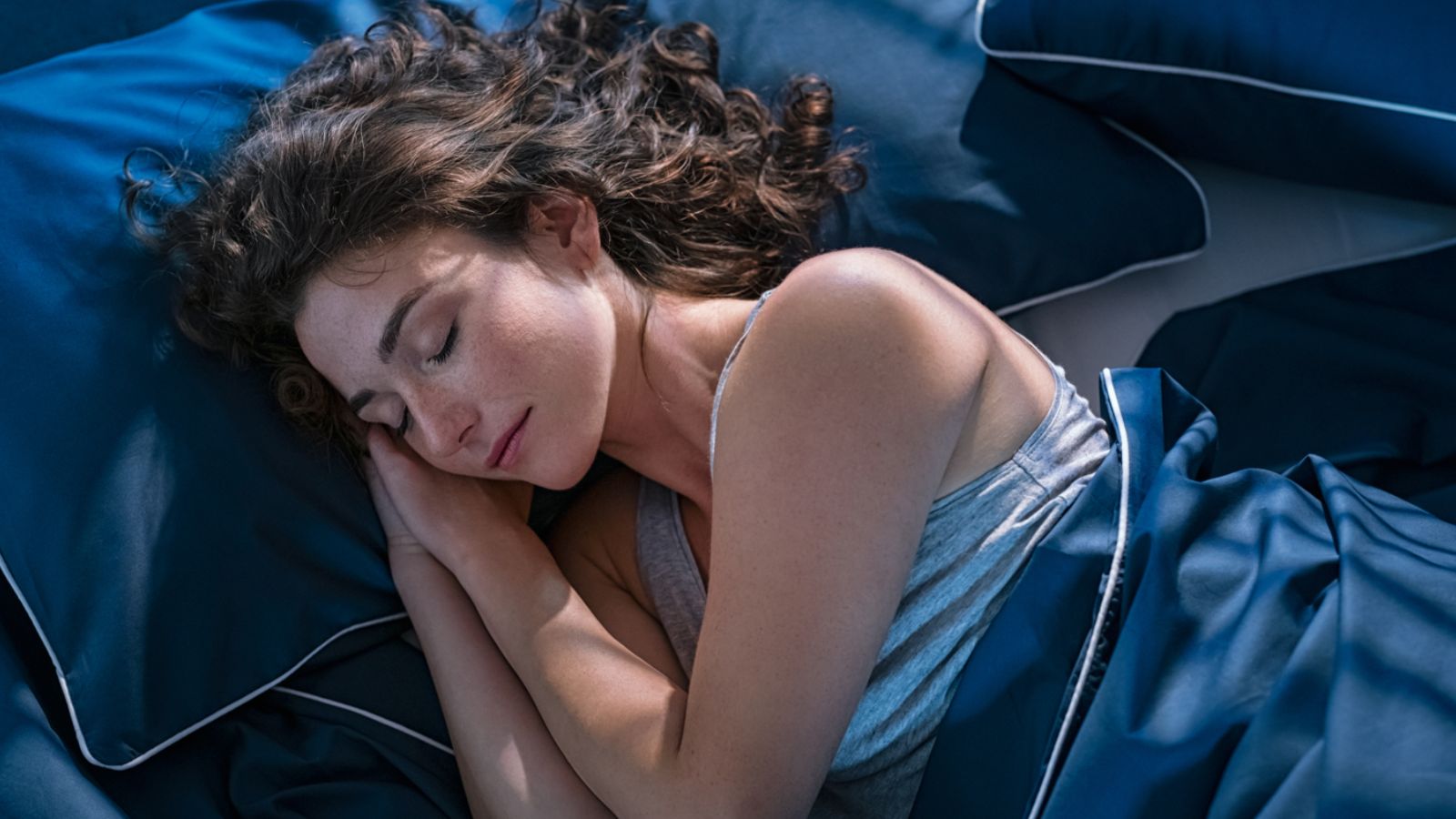
We’ve all been there—it’s dark, quiet, and you’re tired, but you’re still constantly tossing and turning, only to finally fall asleep minutes before the alarm goes off! Waking up throughout the night isn’t just frustrating; it also seriously impacts your energy levels. This article focuses on 19 scientifically proven methods that may help you drift back off more easily.
19 Easy Ways to Fall Back Asleep After Waking Up in the Middle of the Night
17 Things That Are Too Woke For Boomers

Our society is so different from what it was decades ago, and boomers don’t like much of what everyone considers normal in today’s society. In this light, here are 17 things about ‘woke culture’ that particularly make boomers uncomfortable.

